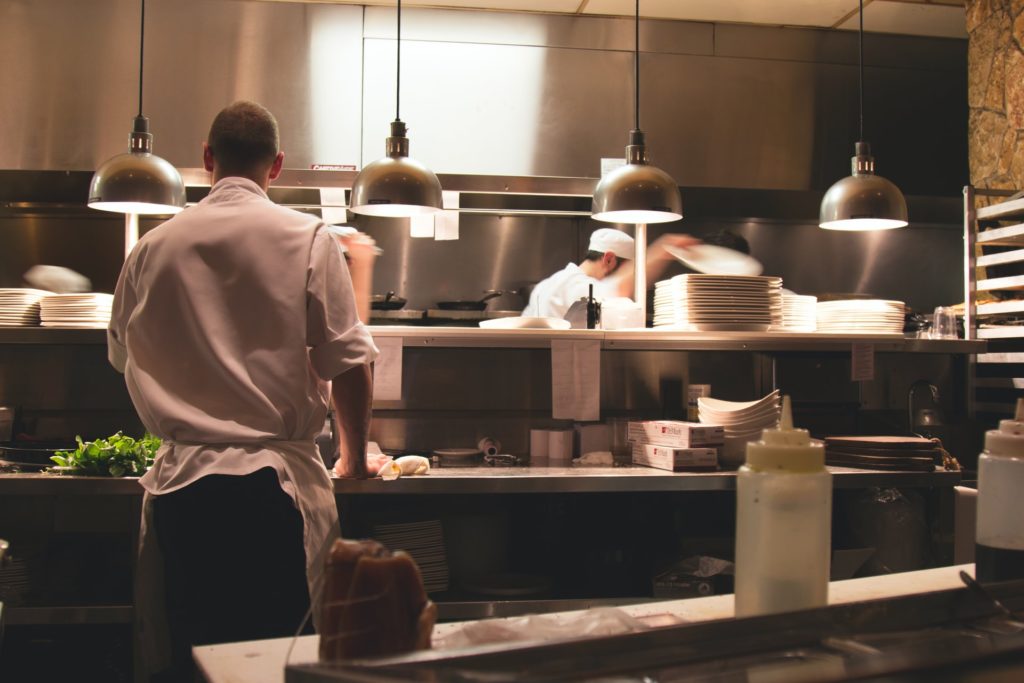Owning a restaurant is on the bucket list of so many people. This is partly due to the tales told by their contemporaries. These myths create unrealistic expectations in the minds of entrepreneurs which ultimately leads to frustration and premature closure of the business. Several myths built around owning a restaurant aren’t true. Here are some of the most common ones.
1. You can tell if your refrigerator is cold enough.

This is one of the many myths regarding the safety of food in a refrigerator. It’s impossible to ascertain the temperature of a fridge without a thermometer, regardless of how sensitive your hands are to the cold. Even new ice machines aren’t all that reliable, if not properly monitored.
To ensure your food stays fresh, especially in the summertime, the temperature of the refrigerator mustn’t exceed 40 degrees Fahrenheit. Also, commercial refrigerators are essential for preserving food. If you’re looking for a reputable refrigerator brand, True Manufacturing tops the chart. They have been manufacturing premium commercial refrigeration equipment for over 70 years. With experience like that, restaurants, catering companies, and food trucks can trust their energy-efficient equipment.
Not sure of where you can purchase a True Manufacturing product? Why not opt for the preferred dealer of the brand – GoFoodservice. GoFoodservice offers customers a full selection of True Refrigeration equipment and accessories, for bakeries, bars, and delis. What’s more, their lineup consists of True refrigeration freezers, commercial and under-counter refrigerators, and True Pizza prep tables. These are all suitable for retailers, convenience stores, supermarkets, and more.
2. You’ll work for fewer hours.
Owning a food service business isn’t a guarantee that you’ll work for fewer hours. In contrast, as the owner of the company, you’ll likely end up working for longer hours. This is because owning a restaurant is hard work and will demand mandatory overtime. Despite being the one to set your schedule, don’t be surprised if you find yourself working late nights, early mornings, and weekends. This is all in a bid to keep your restaurant running smoothly.
3. You’ll get rich quickly.

There’s no gainsaying that the foodservice industry is very lucrative and profitable. Notwithstanding, the big bucks don’t just start coming in on your first day. Besides, you’ll likely channel most of the revenue derived at the beginning into the restaurant to keep it at its optimal level. Regardless, as the owner of the business, you can set competitive pay — as long as you don’t break the bank.
4. You need a lot of capital to start.
Of course, a large amount of capital helps you set up nicely and fast tracks the growth of your business. That said, you don’t need much money to start your restaurant. Many top brands started on minimal capital and grew to the level they are now. Also, some of these successful entrepreneurs debunked this myth by micro-testing their food service on the side to scale it incrementally.
You should also know that having vast start-up capital doesn’t necessarily guarantee the success of your restaurant. As things progress, you’ll likely have more access to capital funding initiatives to raise money for expansion.
5. Owning a restaurant requires prior experience.

This next popular myth is also false. Although running a restaurant can be challenging, prior experience isn’t always necessary if you want to remain as a stable company for long. Patience and time are integral to the successful running of your business, in addition to making tough decisions.
This is one of the myths you should dispel immediately to save you the discouragement (that’ll likely emerge later). What’s more, you don’t need any prior knowledge except for the basics. The truth is, many restauranteurs prefer to learn on the job to enhance their skill sets. Others prefer to hire the correct people. No doubt, skilled team members come in handy to ensure optimum redistribution of work.





